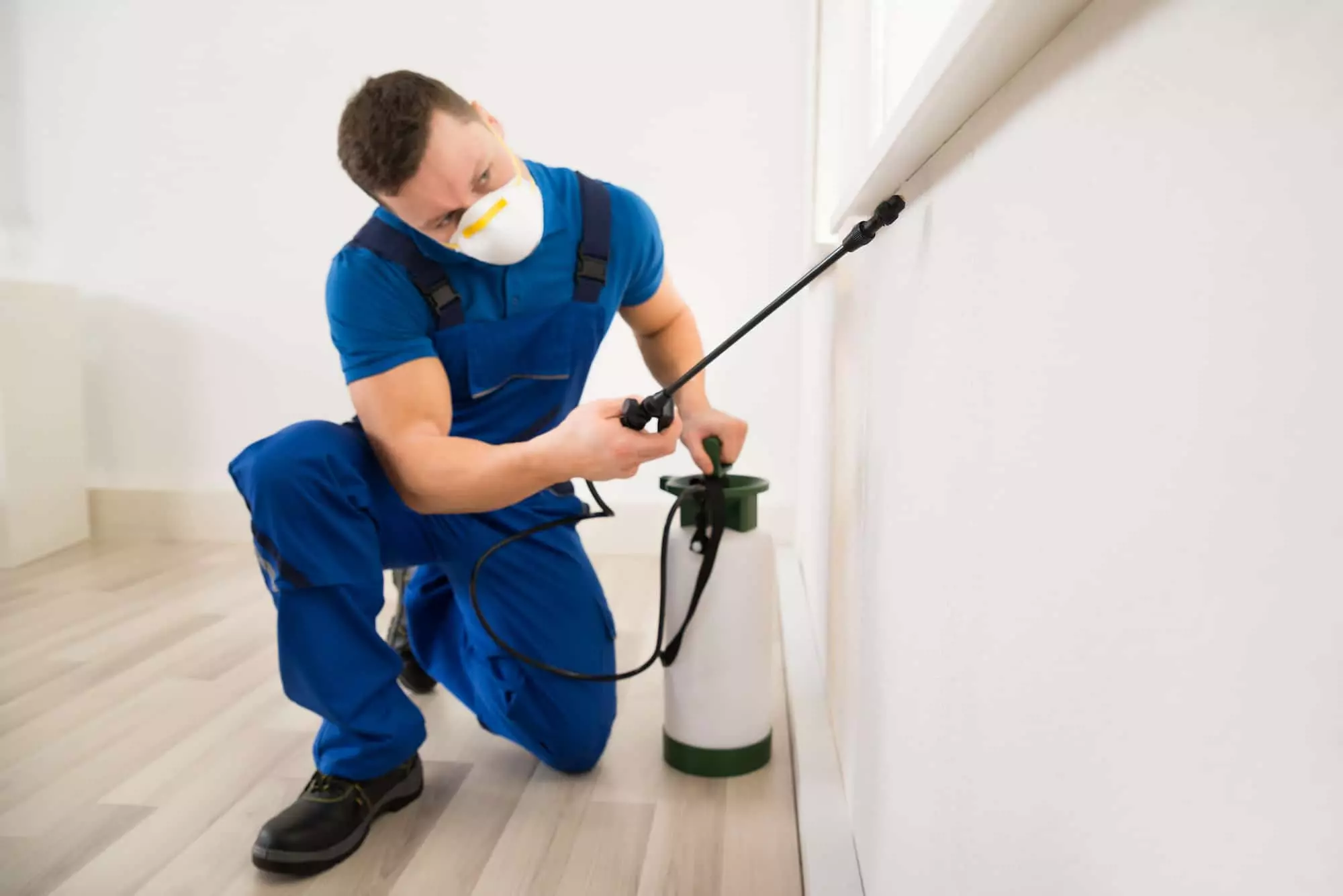Effective Insect Control Services: An In-Depth Take A Look At Extermination Techniques and Prevention Actions
In the realm of bug control solutions, the effective administration of infestations requires a thorough method that combines numerous techniques and measures for both obliteration and prevention. From Integrated Bug Management (IPM) methods that focus on sustainable services to chemical elimination methods created for targeted removal, the arsenal against insects is huge and multifaceted.

Integrated Insect Management (IPM) Methods
Integrated Pest Management (IPM) Methods incorporate a detailed approach to pest control that concentrates on control, avoidance, and tracking methods to effectively manage pest populaces. By incorporating various methods, IPM aims to lessen the effect of parasites while also lowering the dependence on chemical pesticides. Avoidance exists at the core of IPM, highlighting practices like correct sanitation, upkeep of hygiene, and securing entrance factors to discourage bugs from infesting structures.
Chemical Extermination Methods
Chemical extermination strategies are typically employed in parasite control services to properly eliminate bug populations that posture a danger to human health and wellness and home. These methods involve the use of numerous chemical compounds especially developed to target and eliminate insects such as bugs, rats, and other unwanted creatures. The application of pesticides, pesticides, rodenticides, and other chemical representatives is meticulously managed to make certain optimum efficiency while lessening threats to humans, family pets, and the setting.
One of the vital benefits of chemical elimination methods is their ability to give fast and targeted results, making them specifically valuable in situations of severe invasions or immediate bug control requirements - a1 portland bed bug exterminator. However, it is necessary to stress the significance of proper handling, application, and disposal of these chemical items to avoid unexpected injury
Additionally, incorporated insect monitoring (IPM) approaches typically incorporate chemical extermination strategies with other methods such as sanitation, habitat modification, and biological controls to produce a detailed and lasting insect control strategy. By integrating chemical elimination techniques sensibly within an IPM structure, bug control solutions can properly manage pest populations while minimizing potential dangers to human wellness and the setting.
Biological Insect Control Approaches
Using all-natural predators and parasites to take care of bug populaces is a sustainable approach known as organic pest control. a1 residential pest control portland or bed bugs. One typical biological control technique includes presenting natural opponents of the target pest types, such as ladybugs for aphid control or nematodes for termite problems.
Another reliable organic control technique is the usage of microbial insecticides. These are normally taking place bacteria, such as infections, microorganisms, and fungis, that specifically target and contaminate particular pest types. By using these microbial representatives, parasite populaces can be successfully reduced pest supplies online without creating or harming valuable organisms injury to the setting.
Physical Insect Avoidance Actions
Implementing physical parasite prevention measures involves utilizing obstacles and structural alterations to discourage parasites from going into or infesting a residential or commercial property. Setting up door moves, screens on home windows, and sealing splits in the structure can help stop pests like bugs and rats from acquiring accessibility inside your home.
Another physical avoidance step is the use of barriers like secure fencing to keep larger pests such as deer or raccoons away from the property. By carrying out these physical bug avoidance actions, property owners can significantly minimize the threat of insect problems and the damages they can trigger.
Expert Bug Assessment Treatments
Carrying out extensive and organized pest examinations is a basic aspect of expert bug administration methods. Professional parasite examiners are educated to thoroughly analyze residential or commercial properties for signs of invasions, identifying pest varieties, entry points, and conducive conditions. The inspection procedure normally begins with a detailed assessment of both the inside and outside of the facilities. This entails monitoring for parasite droppings, nibble marks, nests, and any structural damage that might show pest activity. Furthermore, inspectors may utilize specific devices such as moisture meters and borescopes to identify covert infestations within wall surfaces or crawl areas.

Verdict
Finally, effective bug control services employ a variety of methods, including Integrated Pest Management strategies, chemical extermination approaches, biological controls, and physical avoidance procedures. Professional bug assessment treatments play an important duty in identifying and resolving pest concerns in a prompt way. By carrying out a combination of these techniques, residential or commercial property proprietors can successfully avoid and handle insect problems.
From Integrated Parasite Monitoring (IPM) techniques that focus on lasting services to chemical extermination techniques developed for targeted elimination, the toolbox Find Out More against pests is huge and multifaceted.Integrated Insect Administration (IPM) Techniques include an extensive approach to pest control that focuses on prevention, monitoring, and control methods to efficiently handle bug populations.Chemical elimination techniques are typically utilized in insect control services to effectively get rid of parasite populaces that posture a danger to human health and property.Employing all-natural predators and bloodsuckers to manage pest populations is a lasting approach recognized as biological parasite control.In final thought, effective parasite control services employ a range of strategies, including Integrated Insect Management techniques, chemical extermination approaches, biological controls, and physical prevention procedures.